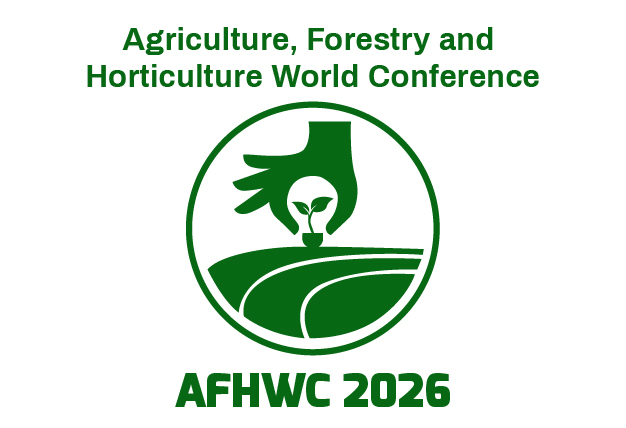Speakers - AFHWC2025

Masoomeh Shemshad
Masoomeh Shemshad
- Designation: Department of Agroecology and Plant Production, University of Agriculture in Krakow
- Country: Poland
- Title: Enhancing Soybean Performance and Ecosystem Services Through Strategic Intercropping Systems
Abstract
Soybean (Glycine max) is a key component in global agricultural systems due to its nutritional value and growing demand in sustainable food and feed production. This study was conducted at the Prusy Experimental Farm in Kraków, Poland, during the 2024–2025 growing seasons. Randomized blocks design were used, including three replications and a control group. The main objective was to examine the influence of intercropping soybean with companion crops from different botanical families as a strategy to improve agronomic performance and ecological sustainability. Results from the comparative analysis demonstrated that intercropping significantly enhanced soybean yield stability, seed protein content, and above-ground biomass compared to conventional monoculture systems. Furthermore, diversified cropping systems reduced pest incidence and improved soil fertility indicators, emphasizing the positive ecological interactions among species. These findings indicate that well-structured intercropping systems not only promote plant health and productivity but also contribute to the broader goals of sustainable and climate-smart agriculture by reducing dependency on synthetic inputs. This study adds to the growing body of evidence supporting the role of intercropping in resilient agroecosystems.
Keywords: Intercropping systems, Soybean performance, Agroecological resilience, Crop diversification, Sustainable intensification

